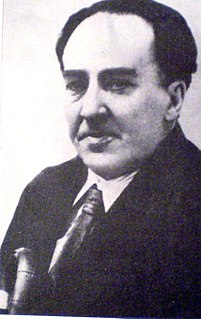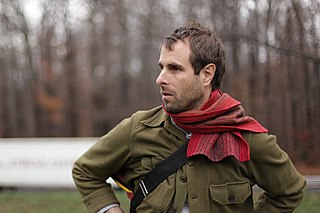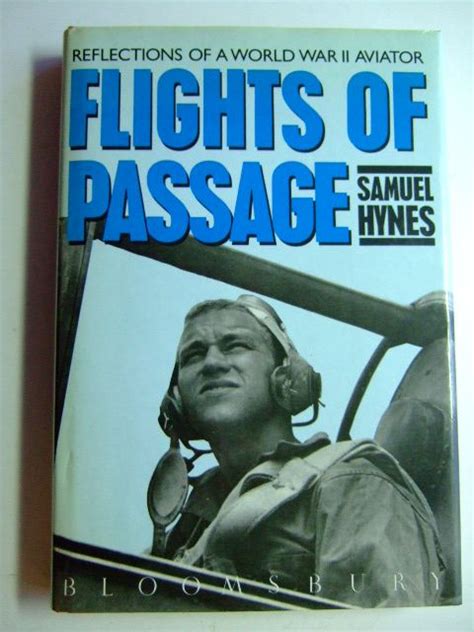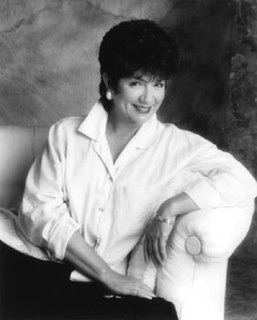A Quote by Rebecca Solnit
Language is like a road, it cannot be perceived all at once because it unfolds in time, whether heard or read. This narrative or temporal element has made writing and walking resemble each other.
Related Quotes
Once I spoke the language of the flowers, Once I understood each word the caterpillar said, Once I smiled in secret at the gossip of the starlings, And shared a conversation with the housefly in my bed. Once I heard and answered all the questions of the crickets, And joined the crying of each falling dying flake of snow, Once I spoke the language of the flowers. . . . How did it go? How did it go?
The Creation speaks a universal language, independent of human speech or human language, multiplied and various as they be. It is an ever-existing original, which every man can read. It cannot be forged; it cannot be counterfeited; it cannot be lost; it cannot be altered; it cannot be suppressed. It does not depend upon the will of man whether it shall be published or not; it publishes itself from one end of the earth to the other. It preaches to all nations and to all worlds; and this Word of God reveals to man all that is necessary for man to know of God.
I feel like as a whole, when it comes to the "other" in the US - whatever that looks like for each individual person, whether it be someone who's LGBTQ or someone of color or someone who's just a religion that they've never heard of - whether you're in entertainment or whether you're in any other business, we're not as evolved as we'd like to think.
After I quit being a lawyer in '95, I was having a lot of trouble writing. Then I read somewhere that Willa Cather read a chapter of the Bible every day before she started work. I thought, 'Okay, I'll try it.' Before each writing session, I started to read the Bible like a writer, thinking about language, character, and themes.
The politics of language and the politics of writing really got to me. I've heard this phrase more than once now: this idea of the poetry wars, or the idea that people within the space of writing are at odds with one another or manipulating language to further one's political stance, manipulating language in ways that really felt dirty to me. All of these things worked their way into and through language for me.
When you're writing a book that is going to be a narrative with characters and events, you're walking very close to fiction, since you're using some of the methods of fiction writing. You're lying, but some of the details may well come from your general recollection rather than from the particular scene. In the end it comes down to the readers. If they believe you, you're OK. A memoirist is really like any other con man; if he's convincing, he's home. If he isn't, it doesn't really matter whether it happened, he hasn't succeeded in making it feel convincing.
Sisters are made by living everyday with each other and wearing each other down until the rough spots are smooth. They're made by sharing secrets you'd never tell mom, and out of doing things for each other just because you feel like it, not because you have to. I guess you could say sisters are 'grown,' not manufactured, in a very special place called a family.
Writing is a bit like walking into a big bookstore. It's the bookstore of your brain, and you know you're never going to read all those books. It makes you happy you're in the bookstore, and you're nervous because you know you're never going to read all those books. So the nervousness is also happy. Once I get going writing poetry is one of the happiest things I do, but it is also fraught with all of these anxieties.
The United States, a land of immigrants from every corner of the world, has been strengthened and unified because its newcomers have historically chosen ultimately to forgo their native language for the English language. We have all benefited from the sharing of ideas, of cultures and beliefs, made possible by a common language. We have all enriched each other.






































